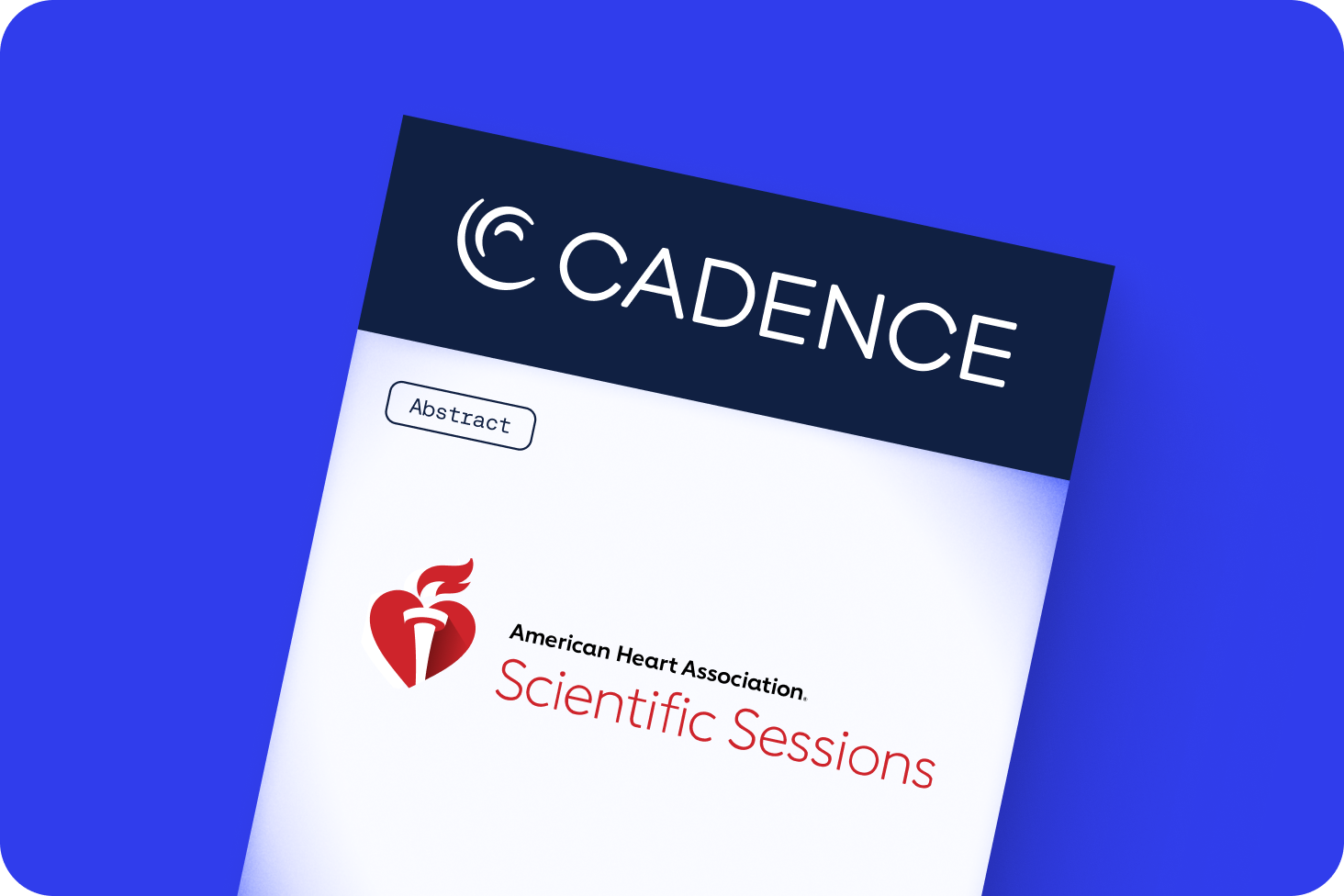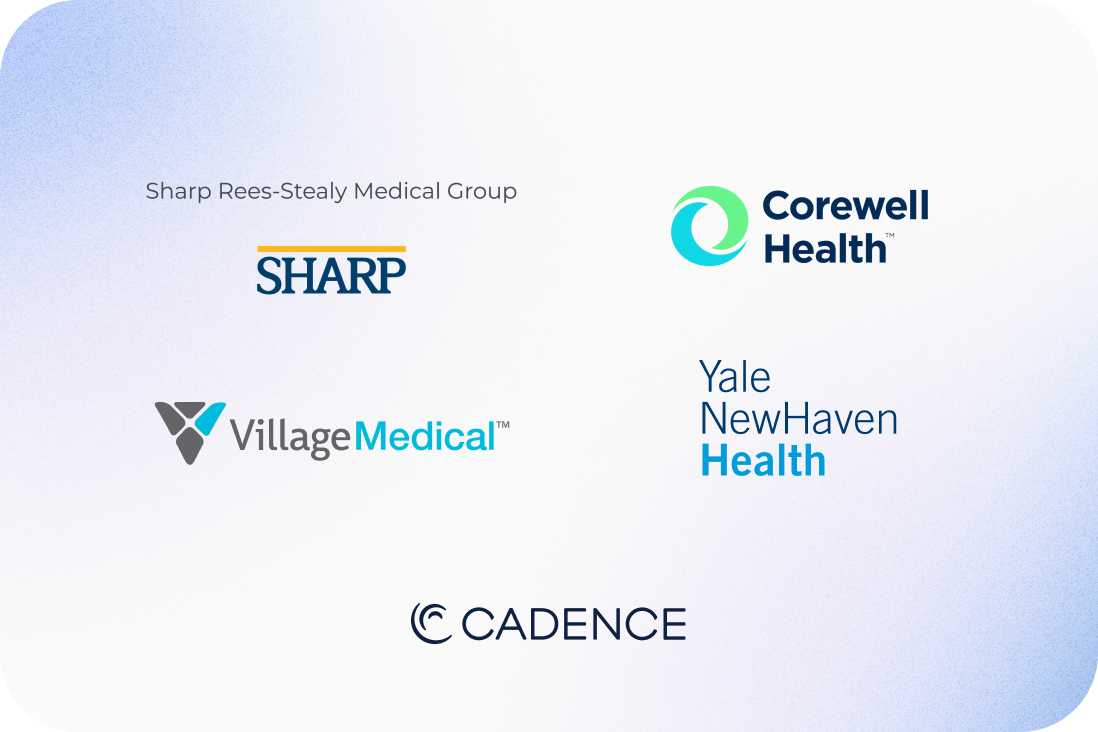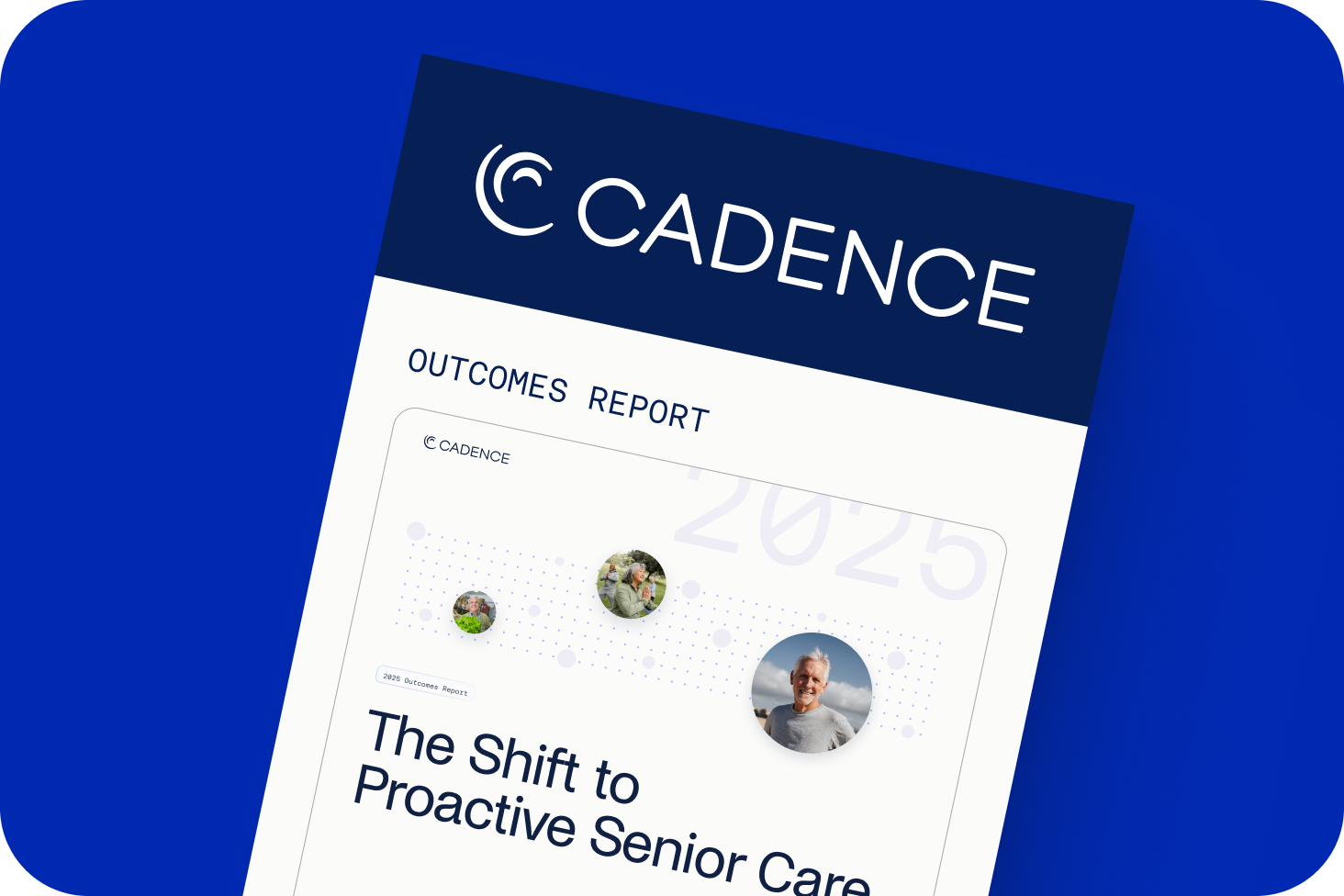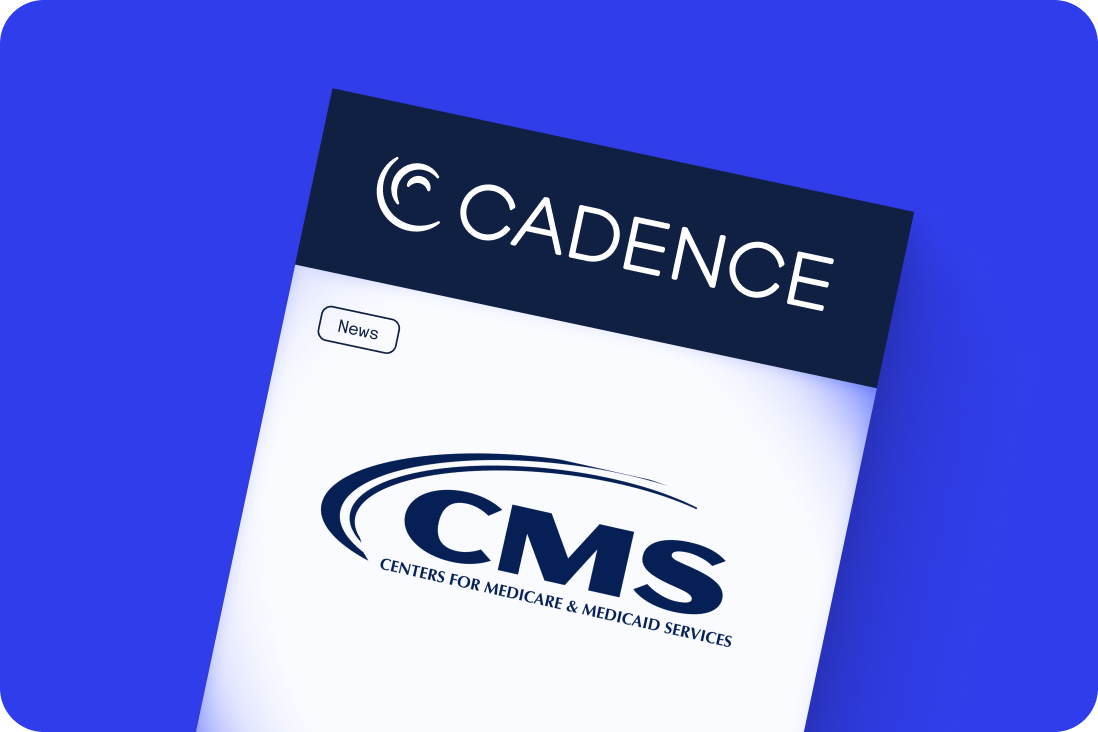Data & Articles
Cadence nationwide heart failure study shows 18% fewer hospital admissions and $183 monthly cost savings across 1,786 patients

Presented at the American Heart Association’s 2025 Scientific Sessions, the results from Cadence’s Remote Patient Care program show increased use of guideline-directed therapies, lower admissions, and reduced costs across rural and urban heart failure patients.
November 10, 2025 (New Orleans, Louisiana) – Presented today at the 2025 American Heart Association’s Scientific Sessions, results from a nationwide outcomes analysis demonstrated that Cadence’s Remote Patient Care (RPC) program for heart failure improves medication optimization, reduces hospitalizations, and lowers healthcare costs, while enabling access across rural, underserved, and urban populations.
Key findings include increased medication optimization from a patient cohort of 2,697 Medicare patients with heart failure enrolled across 19 states between August 2021 and February 2024:
- 3x increase in patients with HFrEF achieving all four pillars of guideline-directed medical therapy (GDMT) at follow-up compared to baseline (26.9% vs. 9.8%; p<0.001).
- 2x increase in patients with HFpEF using evidence-based therapies – SGLT2 inhibitors increased from 17.6% to 35.3% and MRAs from 15.9% to 29.6% (p<0.001).
Key findings from a separate cost and utilization analysis that included 1,786 enrolled and 3,401 control Medicare fee-for-service patients show:
- Lower cost of care: Total cost reduction of $183 per patient per month, driven by a $167 per-patient monthly reduction in inpatient costs.
- Lower hospital utilization: 18% fewer hospital admissions (p<0.05).
- Health equity impact: Outcomes were consistent across rural and underserved populations, which represented 55% of the total cohort.
The cost and utilization data was based on a difference-in-difference analysis comparing patients enrolled in the Cadence RPC program and a matched Medicare control group after 12 months.
“These data further highlights the ability of Remote Patient Care to improve both guideline-directed medical therapy and reduce healthcare costs and utilization for heart failure patients,” said Dr. David Feldman, Interventional Cardiology Fellow at Massachusetts General Hospital, Cadence medical advisor, and the abstract’s first author. “Despite significant evidence demonstrating the clinical benefits of guideline-directed medical therapy, heart failure patients have been unable to achieve adequate use and dose resulting in poor clinical outcomes and, as a result, exorbitant healthcare costs and utilization. These data show that when technology and care teams work together, we can finally help patients achieve the outcomes they deserve.”
Cadence’s Remote Patient Care model combines connected device data with an AI-assisted care model to drive proactive medication titrations and early intervention. The company’s multidisciplinary Care Team acts as an extension of the patient’s primary care practice, ensuring consistent follow-through on each clinician’s care plan.
The full abstract, “A Remote Patient Care Heart Failure Program Drives Improved Clinical Outcomes and Reduced Healthcare Cost and Utilization,” is authored by David I. Feldman, MD, MPH, Spencer Reynolds, MBA, Randall Curnow, MD, MBA, Eve Cunningham, MD, MBA, Theodore Feldman, MD, and Marat Fudim, MD, MHS.
The abstract can be read in full here.






